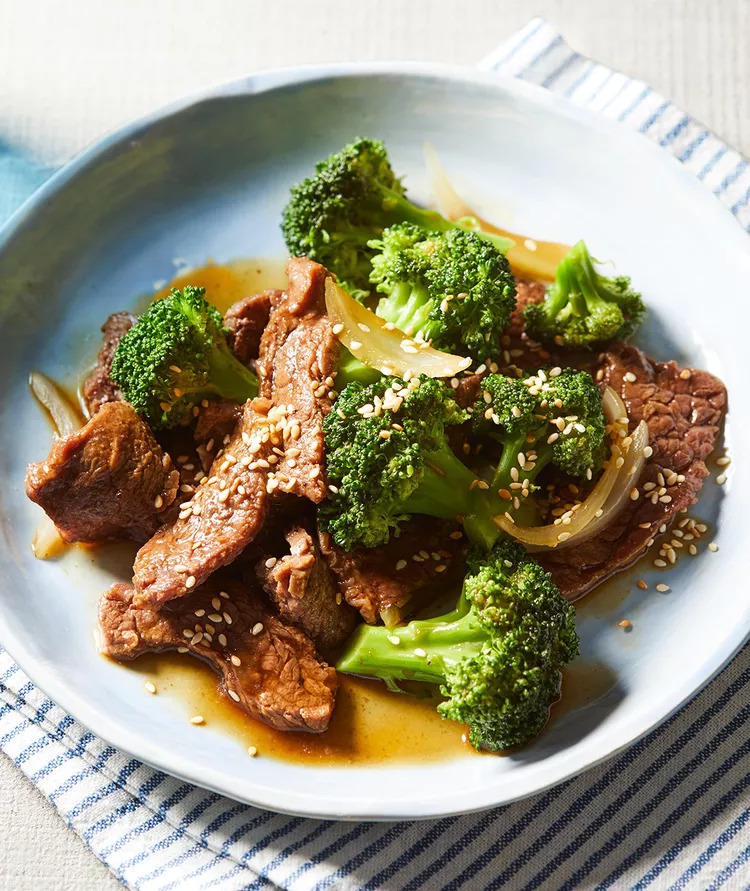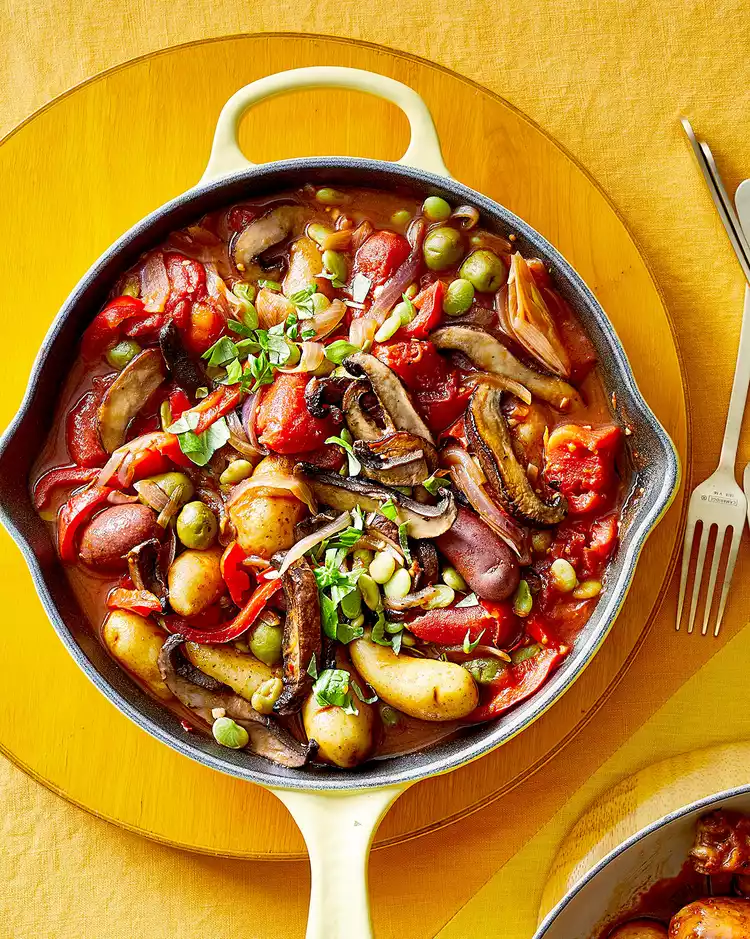The Surprising Link: Switching to Vegetarianism and Ultra-Processed Foods
With the growing popularity of plant-based diets for various reasons, a recent study has brought to light an unexpected consequence. Many people believe that going vegetarian is a healthy choice, but this study shows that it may lead to an increase in the consumption of ultra-processed foods. Let's delve deeper into this complex issue.
Uncover the Hidden Impact of Vegetarianism on Food Choices
Section 1: The Rise of Plant-Based Diets
In today's world, an increasing number of individuals are choosing plant-based diets. Some do it for health reasons, aiming to improve their overall well-being. Others are concerned about the environment and want to reduce their carbon footprint. And there are those who make the switch for ethical reasons, advocating for the treatment of animals. This trend has led to a significant shift in the food industry, with more plant-based options becoming available.However, as the study reveals, this shift may not always be for the better. When people avoid meat and look for alternatives, they often turn to processed foods that are loaded with calories, saturated fat, salt, sugar, and additives. These convenience foods may seem like a quick and easy solution, but they can have a negative impact on our health.Section 2: The Study Findings
The scientists involved in the new study analyzed the consumption patterns of nearly 200,000 people who participated in the UK Biobank project. They found that vegetarians consumed more ultra-processed food compared to regular red meat eaters, with a difference of around 1.3 percentage points. Vegans also showed a slightly higher intake of ultra-processed food, although the difference was not statistically significant (1.2 percentage points).This study clearly shows that the transition to a vegetarian diet does not automatically lead to a healthier food choice. In fact, it may even increase the consumption of processed foods that are known to be harmful to our health.Section 3: Defining Ultra-Processed Foods
Defining what constitutes "ultra-processed foods" can be a challenging task. There is a widely used classification system called NOVA, which categorizes foods based on their level of processing. Ultra-processed foods are those that are made entirely or mostly from substances extracted from foods or synthesized in laboratories.Examples of ultra-processed foods include frozen pizza, instant noodles, pre-packaged burgers, hot dogs, candy bars, and sugary soda. These foods go through multiple processing steps and are often loaded with additives to enhance their taste, appearance, and shelf life.Section 4: The Health Implications
While plant-based diets have been shown to have numerous health benefits, it's important to be aware of the potential risks associated with ultra-processed foods. A previous study found that consuming large amounts of plant-based ultra-processed foods may increase the risk of cardiovascular diseases compared to less-processed plant-based foods.On the other hand, a high intake of red meat has been linked to a higher risk of heart disease, cancer, diabetes, and premature death. However, some research suggests that the problem may not be with the meat itself but with the processing methods used.The key message is that ultra-processed foods, whether they are plant-based or meat-based, are generally not beneficial for our health. It's crucial to focus on fresh, whole foods that are rich in nutrients and avoid overindulging in processed foods.Section 5: The Complex Debate
The debate surrounding the impact of plant-based diets and ultra-processed foods is complex. There are different viewpoints and opinions among experts, and the definitions of "ultra-processed foods" can be subjective.Some argue that processed foods are a necessary part of our modern lifestyle and that we should focus on moderation rather than completely avoiding them. Others believe that we should strive to eat a more natural and unprocessed diet to maintain good health.In conclusion, while plant-based diets have their advantages, it's important to be aware of the potential risks associated with ultra-processed foods. By making informed choices and focusing on fresh, whole foods, we can enjoy the benefits of a plant-based diet while minimizing the negative impacts on our health.




















